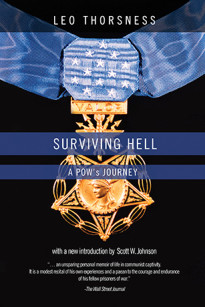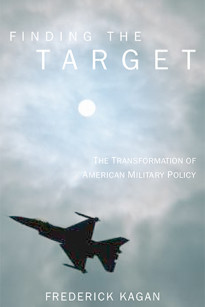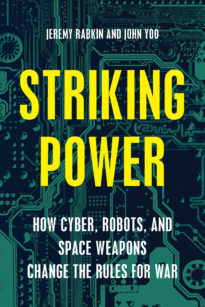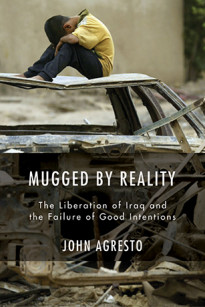Moving from the White House to the B-52 cockpits to the missile sites and POW camps of Hanoi, The Eleven Days of Christmas is a gripping tale of heroism and incompetence in a battle whose political and military legacy is still a matter of controversy.
In December 1972, with an increasingly dovish Congress preparing to cut off all funding for the war in Vietnam, President Richard Nixon ordered the bombing of Hanoi by the Strategic Air Command’s “big stick,” its fleet of B-52 bombers.
Never before had a B-52 been lost in combat, but the North Vietnamese SAM missile crews knocked them out of the sky in the first days of the engagement. Despite the losses, the surviving bombers kept coming, inflicting huge losses on the North Vietnamese. For eleven days the momentum swung back and forth, moving from what appeared to be a certain U.S. triumph, to a possible North Vietnamese victory, to the ultimate ambiguous dénouement in which both sides won and lost.
In telling the story of America’s last great air battle, Marshall Michel has used hundreds of formerly classified documents from U.S. government archives and traveled to Hanoi to examine records there. He also interviewed dozens of Americans and Vietnamese who participated in the battle at all levels, allowing him to take the reader into meetings at the White House and SAC Headquarters, and into the B-52 cockpits, the Vietnamese missile sites and the POW camps of Hanoi.













